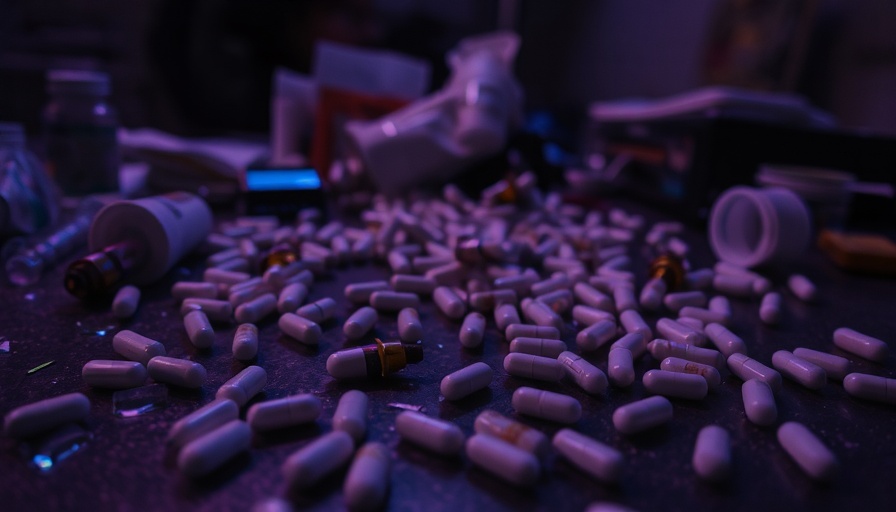
Understanding Addiction: The Silent Struggle
Addiction often imposes a shadow over countless lives, transcending social classes and personal histories. It can stem from various sources including alcohol, drugs, gambling, and other behavioral tendencies. Each type of addiction leads to profound disruptions in relationships, physical health, and mental well-being, amplifying the importance of recognizing early signs and seeking help. In London, a plethora of treatment options and support systems are available to assist individuals navigating the recovery journey.
Identifying the Warning Signs of Addiction
The first pivotal step towards recovery is acknowledging the struggle with addiction. Signs of addiction can vary widely, but certain symptoms are often common across different types:
- Loss of Control: People may find themselves increasingly unable to control their consumption, whether it's alcohol or a behavioral choice like gambling. This often includes falling short of personal goals or intentions.
- Neglecting Responsibilities: Shifts in priorities can lead to failures in work, academic, or personal obligations. Frequent absenteeism and a lack of engagement in daily responsibilities can be key signals.
- Mood Changes: People experiencing addiction frequently undergo emotional swings, revealing underlying anxiety, irritability, and isolation.
The Emotional and Physical Toll of Addiction
Prolonged addiction inflicts not only mental anguish but also severe physical health hazards. It can lead to serious diseases, such as liver conditions or heart problems, as well as deterioration of mental health, often escalating to anxiety, stress, or even depression. Social relationships are also put at risk. Those grappling with addiction tend to retreat emotionally from loved ones, compounding feelings of isolation and powerlessness.
How Addiction Treatment in London Makes a Difference
Recognizing the existence of an addiction is fundamental, yet the next critical step involves obtaining professional help. In London, there's a wide range of treatment alternatives available to help individuals on their recovery journey, including:
- Therapy and Counseling: Cognitive Behavioral Therapy (CBT) is a frequently employed method that helps patients identify triggers and develop healthier coping strategies.
- Medical Detoxification: Severe cases of drug addiction may necessitate medically supervised detoxification to manage withdrawal symptoms effectively.
Personalized Treatment Plans: A Key to Recovery
Every pathway to recovery is unique. Those seeking help in London can expect to undergo a comprehensive assessment, which allows for tailored treatment plans that consider an individual's specific history and requirements. Whether through inpatient programs or outpatient services, the focus is on creating a supportive environment conducive to healing.
The Importance of Support Systems
Addiction recovery is rarely a solitary endeavor; it thrives through community support. Engaging with others, whether through group therapy or support groups like Alcoholics Anonymous and Narcotics Anonymous, can provide a vital sense of connection and shared experience, further strengthening resilience against relapse.
Additionally, family involvement plays a crucial role during recovery. A supportive family environment can foster a sense of belonging and help individuals feel understood, reducing feelings of shame and isolation that often accompany addiction.
Final Thoughts: Cultivating Awareness and Taking Action
Awareness is the first step toward healing. If you or someone you know is struggling with addiction, the message is clear; seeking help is not only possible but essential. London offers various resources dedicated to supporting recovery and promoting well-being. Engaging positively with a medical concierge practice aligns perfectly with promoting wellness as a core value in patient health. With the right approach and support, recovery from addiction can pave the way for a healthier, fulfilling life.
 Add Row
Add Row  Add
Add 






Write A Comment